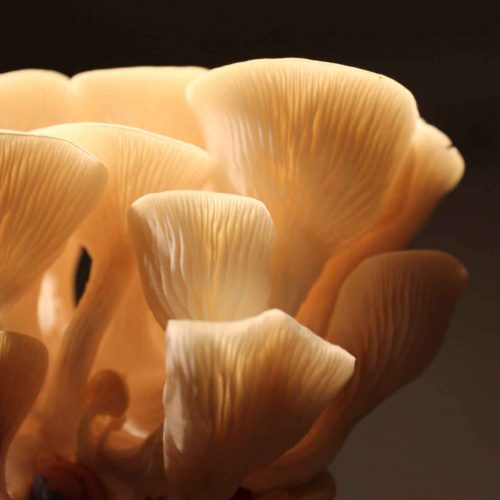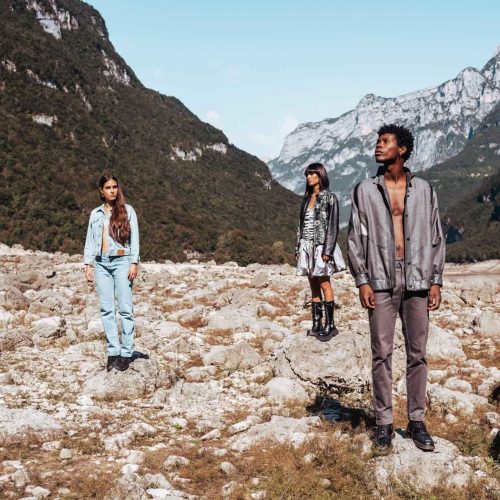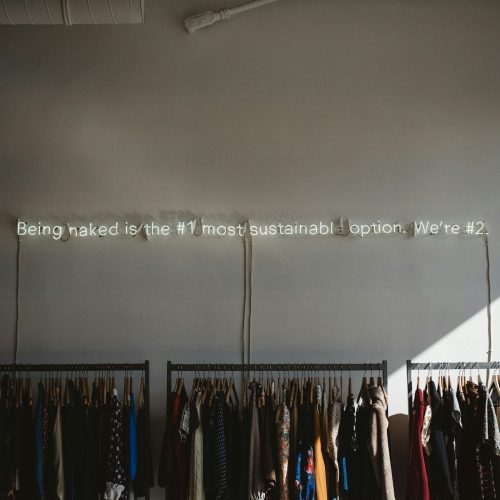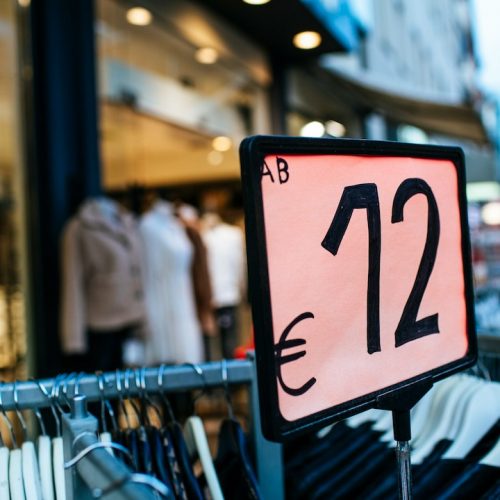Black-Owned Brands To Support That Give Back To Social Causes
One of the best ways to advocate for diversity and social justice in the fashion industry is to support diverse designers. Every purchase made, whether it’s for groceries or clothes, casts a vote for a certain type of world. Here are ten black-owned brands to support right now that give back to important social causes.
ELLE B ZHOU
Elle B Zhou is the newly released luxury fashion brand of Elle B Mambetov. After having her identity stolen by a close friend and being held unjustly in a foreign prison, Elle persevered and created her new brand, which is focused on recreating modest fashion. As a muslim convert, Elle realized there aren’t many options for those who want to dress modestly, so she created Elle B Zhou. A portion of all sales from Elle’s line go to Doctors Without Borders and Vogue CFDA’s A Common Thread, both of which support people who’ve been impacted by the COVID-19 pandemic.
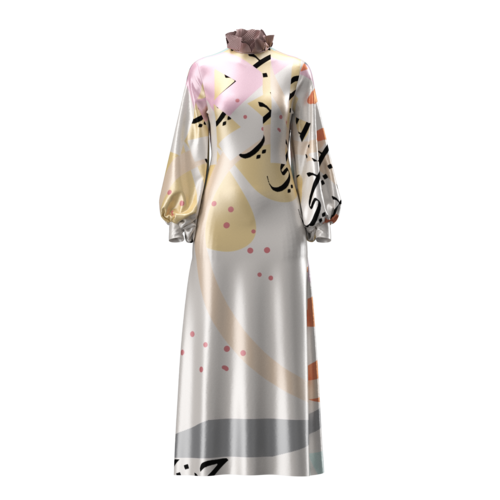
© Ell B Zhou
MICHEL MEN
Michel Men is an American Menswear brand based out of NYC. It was founded by Whitney Michel, who’s a first generation Haitian American. The ties, bandanas, and face masks that are Michel Men are all handmade in NYC. Right now, 20% of all profits made from face masks are being donated to Dream Defenders, an organization that stands against police brutality.
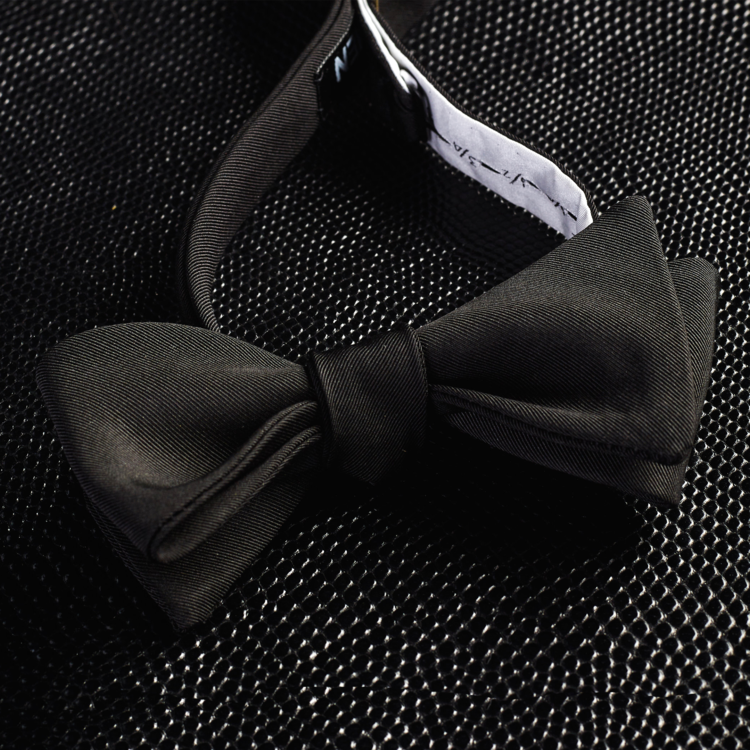
© Michel Men
PETIT KOURAJ
Petit Kouraj was founded by fashion stylist Nasrin Jean-Baptiste. After a trip to her native country of Haiti, Nasrin was inspired to create her own brand. Petit Kouraj handbags are made from responsibly sourced materials, and are handmade by workers through a partnership with the organization D.O.T. Haiti, which provides education, opportunities, and vocation training.
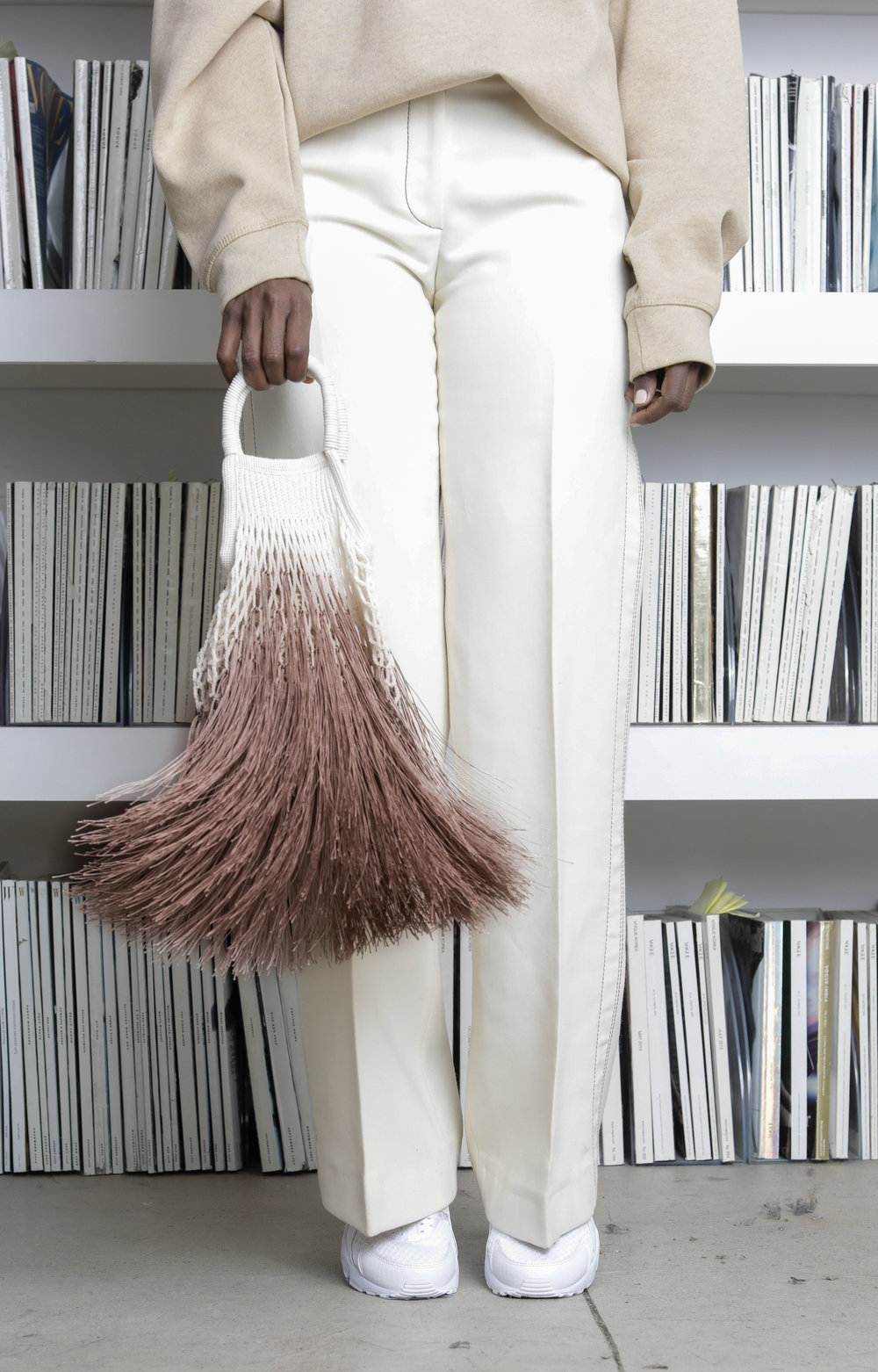
© Petit Kouraj
DIARRABLU
DIARRABLU is a high contemporary lifestyle brand that was created by Diarra Bousso. Bousso is originally from Dakar, Senegal, and much of her brand is inspired by Africa’s rich colors and patterns. DIARRABLU empowers local artisan communities and focuses on being as sustainable as possible by using natural or sustainable fabrics. Bousso is a strong activist for the global celebration of African heritage, and she represents Senegal at the United Nation’s platform for art and heritage.
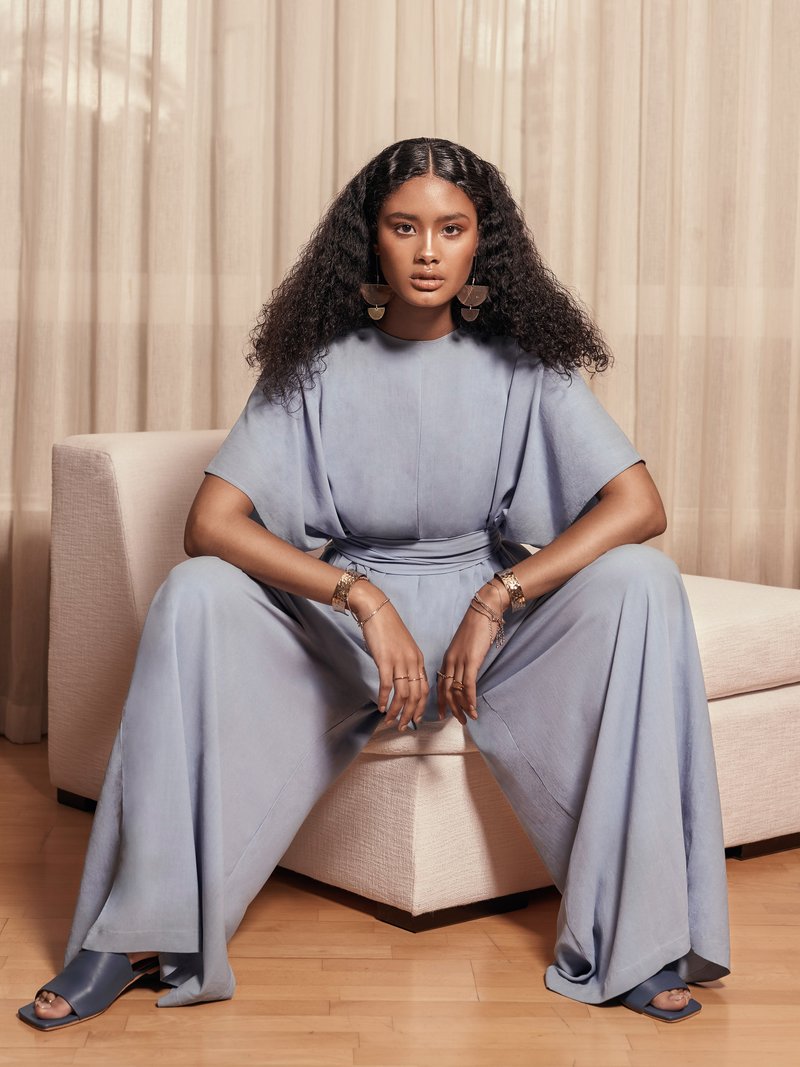
© DIARRABLU
KREYOL
Kreyol is run by the mother-daughter team of Yolette Fontaine and Joelle Fontaine. It was created to empower women and make them feel vibrant, strong, resilient, and passionate. The Kreyol Foundation, which launched this spring, uses fashion and art to support the lives of disenfranchised women in Haiti through entrepreneurship, art, and education.
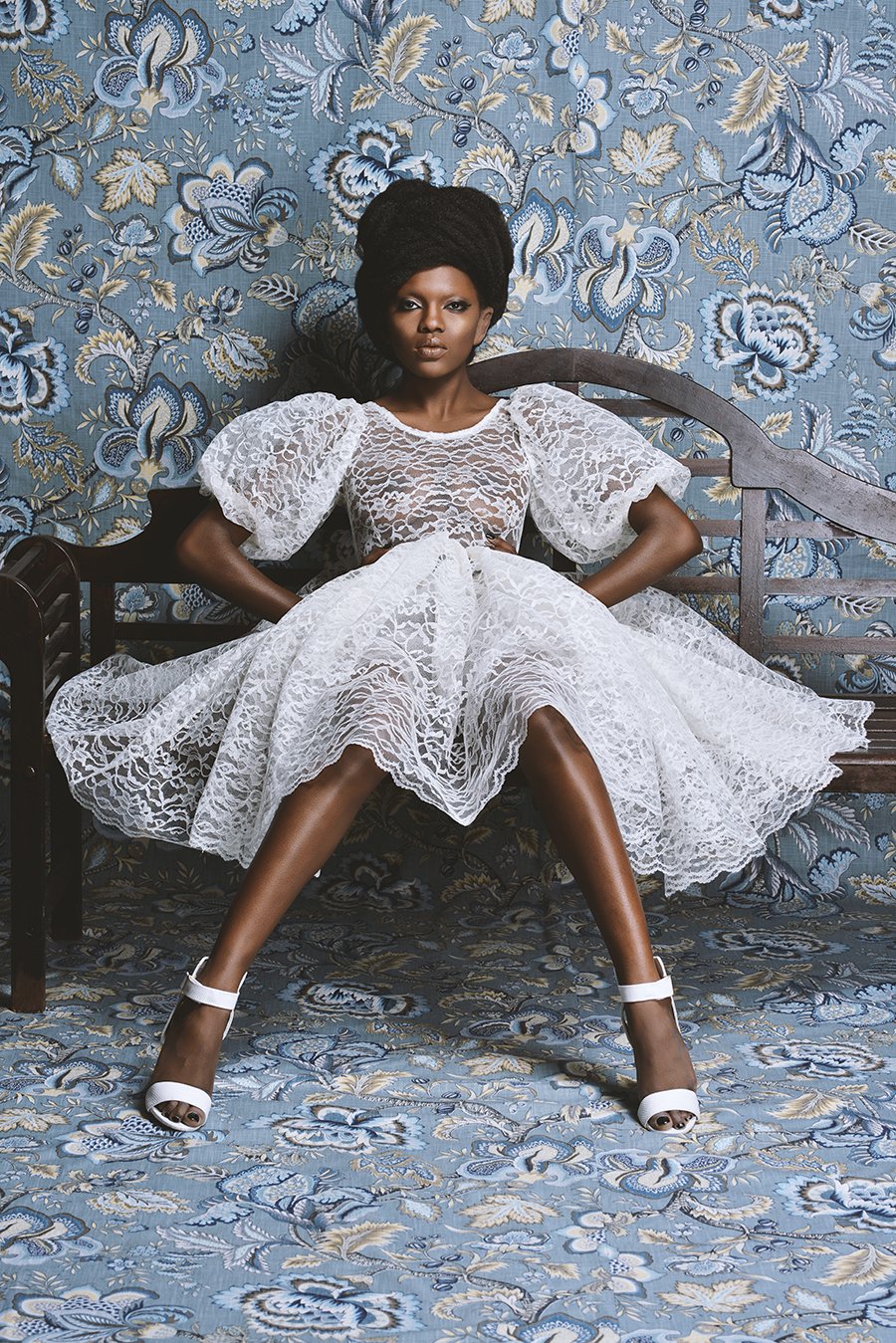
© Kreyol
LEMLEM
Lemlem was created by supermodel Liya Kebede after she went to Ethiopia and realized that traditional weavers no longer had a market for their craft. Lemlem partners with artisan groups across Africa, and its core collection is made from handwoven cotton. The lemlem foundation connects female artisans in Africa to healthcare, education, and jobs.
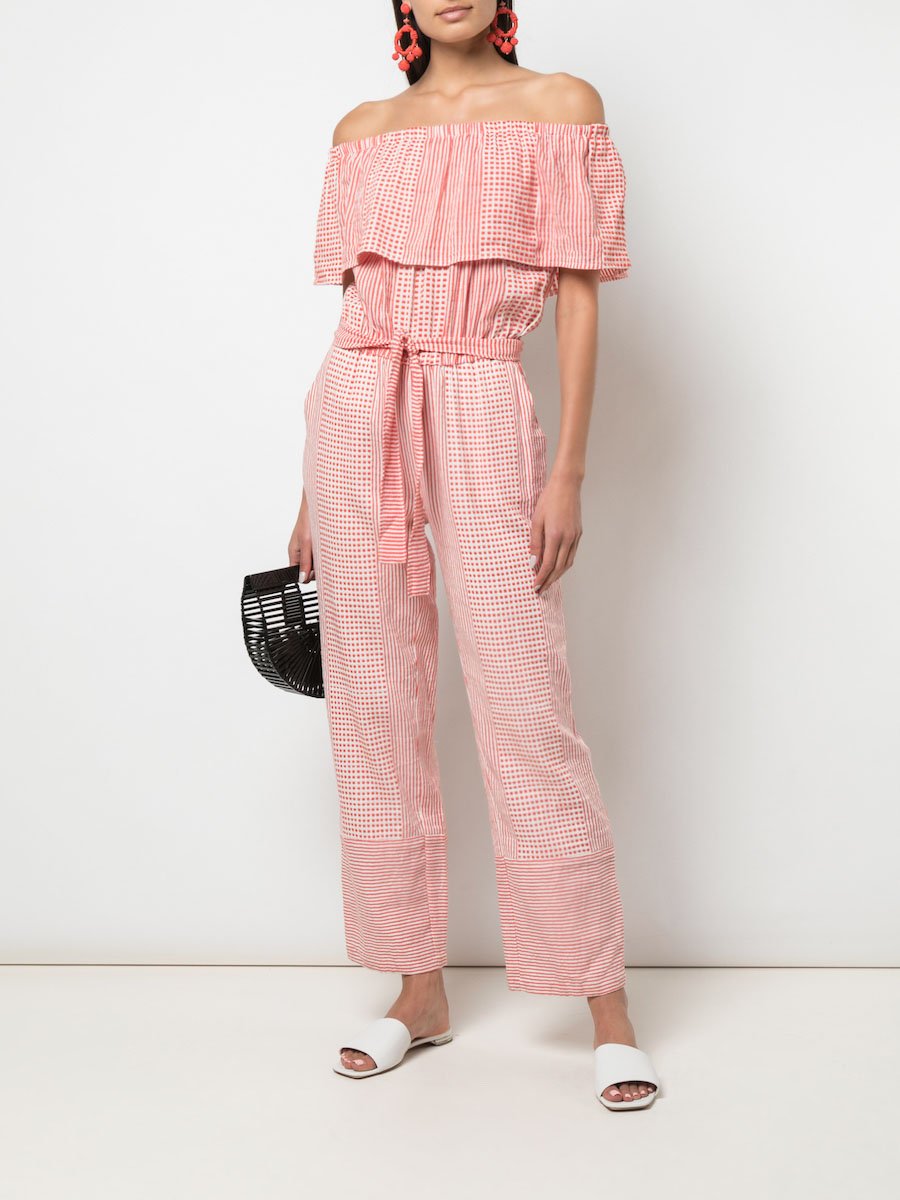
© lemlem
STELLA JEAN
Stella Jean was born to an Italian father and Haitian mother, and it’s the meeting of these two cultures that inspires many of her designs. Stella Jean is often involved in campaigns to raise awareness about social injustice, and she's passionate about promoting multiculturalism in Italy. Stella partners with artisans to reduce poverty and give work to men and women around the world. She even worked with the Kalash women of Pakistan to bring their traditional embroidered motifs to an international audience for the first time in history.

© Stella Jean
AAKS
AAKS bags are handcrafted in Ghana, and are made to showcase the weaving techniques of Ghanaian women. All of their handbags are made from ecologically harvested raffia palms, which are sourced from family farms in Ghana. AAKS also launched “Weaving for Change,” an initiative that creates fair and dignified work for refugee artisans in Burkina Faso.
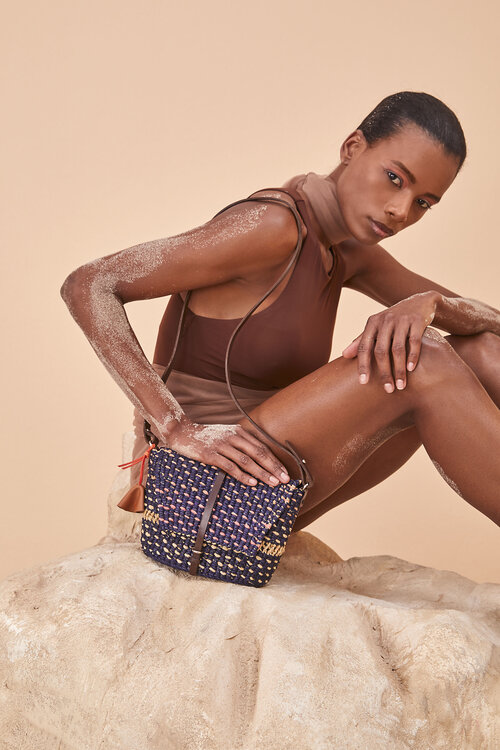
© AAKS
CIVIL JEWELRY
Civil Jewelry was founded by Blakely Thornton when he realized the lack of diversity in boardrooms, venture capital firms, and C-suites. Civil Jewelry is a collection of luxury cuffs, rings, necklaces, and shoelaces. Not only does Civil create their own sustainably made diamonds, but they also give 20% of their profits back to underrepresented founders and entrepreneurs.

© Civil Jewelry
PANAFRICA
PANAFRICA was founded from the desire to make sneakers differently. The company cares about their social, environmental, and economic impacts, and their sneakers are inspired by different landscapes in Africa. “For every pair of sneakers purchased, 10% of the profits go to Afrika Tiss to provide education and job training in Africa."
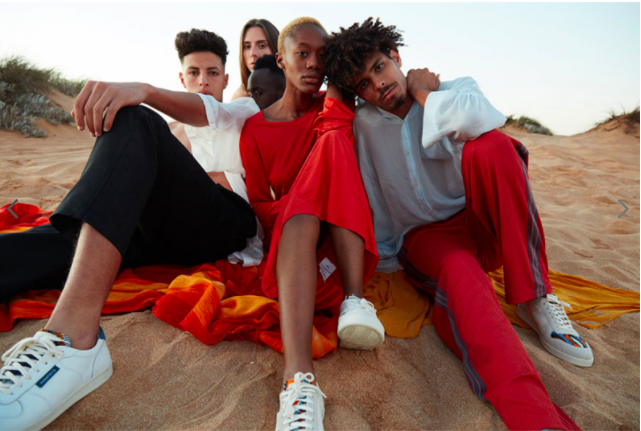
© PANAFRICA


